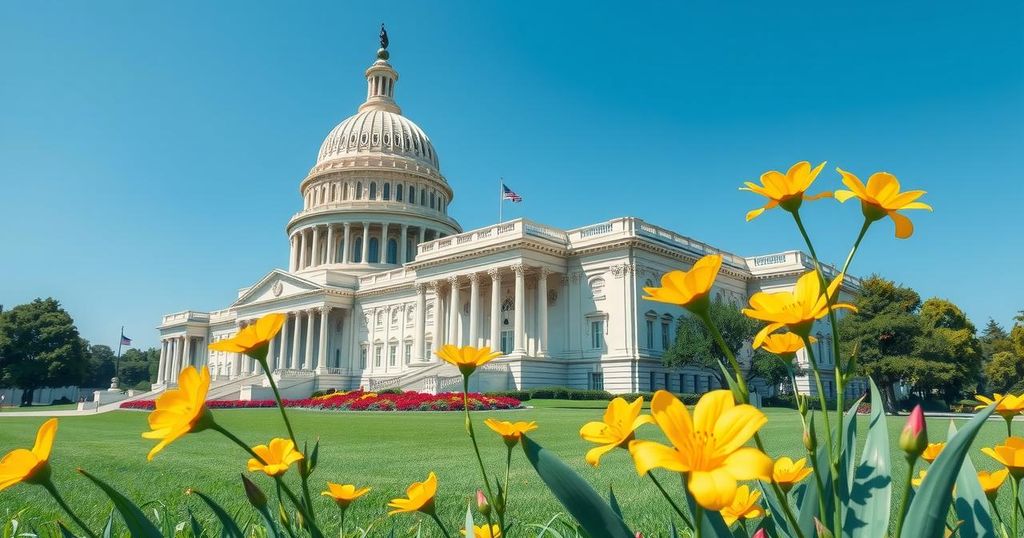Argentina’s Congress Approves New IMF Loan Under President Milei
Argentina’s Congress has approved President Javier Milei’s request for authorization to negotiate a new IMF loan for 10 years, despite existing debts of $44 billion. This decision aims to enhance foreign currency reserves and manage debt obligations. The vote reflects Milei’s ad hoc alliances in Congress amid significant public protests against austerity measures. Inflation has decreased under his leadership, although poverty has increased, pointing to the challenges ahead.
Argentina’s Congress has granted President Javier Milei the authorization to negotiate a new loan with the International Monetary Fund (IMF), in addition to the existing debt of $44 billion owed to the lender. This request, made by Milei on March 11, involves a proposed 10-year loan aimed at bolstering the central bank’s foreign currency reserves and managing upcoming debt payments.
The specific dollar amount of the prospective loan has not been released. Under a 2021 regulation, the president is required to obtain authorization from both Congressional houses to secure IMF funds, yet Milei only needed support from one house to advance his proposal. The vote passed with a tally of 129 in favor, 108 against, and six abstentions in the Chamber of Deputies, allowing Milei to proceed with his plans.
Although Milei’s libertarian party holds a minority position in Congress, it has managed to form strategic alliances to advance its fiscal policies. The approval for the IMF loan coincided with significant protest activity outside the legislature, as thousands expressed their opposition to Milei’s austerity measures and IMF negotiations. Unlike more violent demonstrations from the previous week, this protest remained larger but peaceful.
Milei argues that the new IMF loan will assist the government in alleviating its debts to the central bank and will contribute to efforts aimed at eradicating inflation, which is a persistent challenge in Argentina. The country currently faces one of the highest inflation rates globally, yet measures initiated by Milei have led to a slowdown in price increases, despite a rise in poverty rates.
Since assuming office in December 2023 and initiating public spending cuts, Argentina’s inflation rate has decreased from 211 percent year-on-year at the end of 2023 to 66 percent currently. Discussions with the IMF commenced in November regarding a new extended fund facility (EFF) that would replace the existing agreement established in 2022, which was originally designed to refinance Argentina’s debt incurred from a historic $44 billion loan orchestrated under former President Mauricio Macri in 2018, noted as the largest loan issued by the IMF.
In summary, Argentina’s Congress has authorized President Milei to pursue a new IMF loan to strengthen the economy’s resilience amid ongoing fiscal challenges. The approval, achieved with narrow margins in the Chamber of Deputies, was met with public dissent reflecting widespread concern over austerity measures. While inflation has markedly reduced since Milei’s inception of budget cuts, the country continues to grapple with high poverty rates, underscoring the complexity of his economic policies.
Original Source: www.rfi.fr




Post Comment